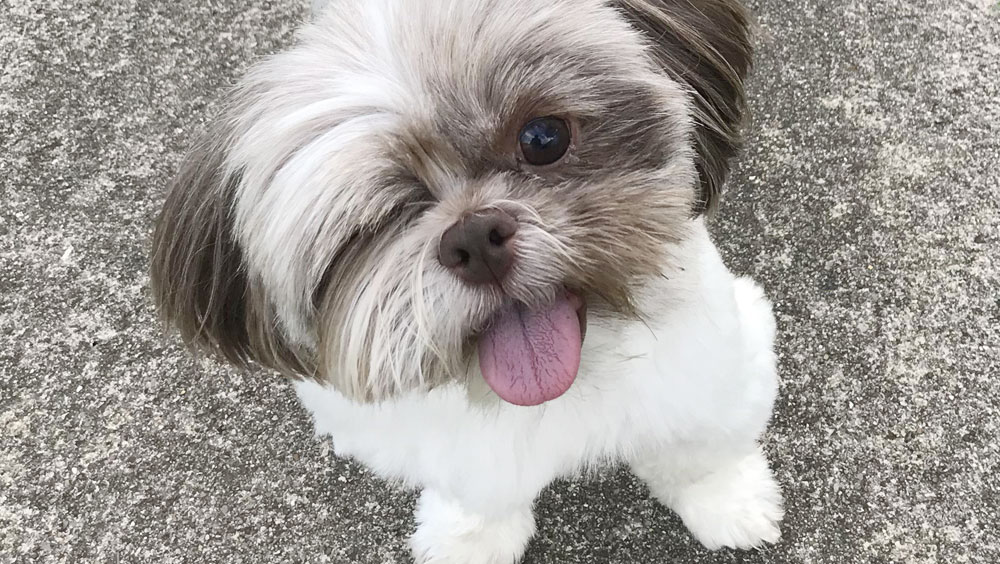Teacup dogs have become increasingly popular in recent years, with many pet owners drawn to their miniature size and adorable appearance. A tiny teacup pup often weighs no more than four pounds fully grown and some may be as small as two pounds when full-grown. Teacup puppies are typically the smallest of a particular breed, such as toy poodles, Chihuahuas, Yorkshire terriers, and Shih Tzus.
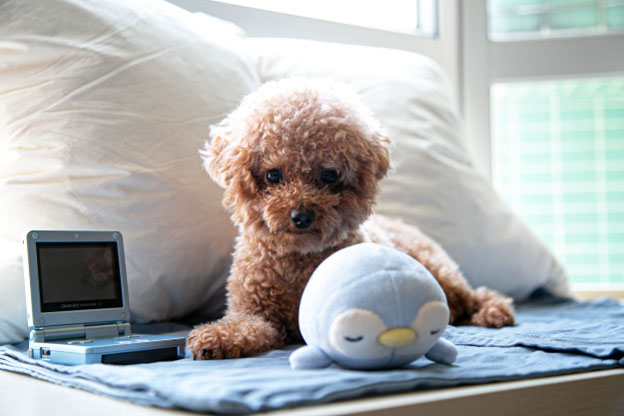
Understanding Teacup Dogs
Teacup dogs, also known as pocket dogs or miniature dogs, are a popular choice among pet owners seeking small companion dogs. These tiny pups are typically bred from toy dogs, such as the Yorkshire Terrier or Shih Tzu, to create a miniature version.
What Makes a Teacup Dog?
Teacup dogs are a unique and adorable variation of traditional dog breeds. They are known for their miniature size and often weigh between 2-5 pounds. But what exactly classifies a dog as a teacup breed?
The main criterion for a dog to be considered a teacup breed is its small size. These dogs are smaller than their regular-sized counterparts, with height measurements typically ranging from 4 to 9 inches tall. Their petite frames make them popular as "pocket dogs" or "apartment dogs" since they can comfortably live in small spaces.
Teacup dogs are often the result of selective breeding practices that focus on reducing the size of the breed. Breeders carefully choose dogs with smaller stature and continue to breed them to further decrease their size. However, it is important to note that not all teacup dogs come from reputable breeders. Unscrupulous breeders may use unethical breeding practices that can lead to health issues in teacup puppies.
Popular Teacup Breeds
Chihuahua: Chihuahuas are one of the most well-known teacup breeds. They are known for their tiny size, measuring between 5-9 inches tall and weighing only 2-6 pounds. Despite their small stature, Chihuahuas have big personalities. They are intelligent, loyal, and often confident little dogs.
Yorkshire Terrier: Yorkshire Terriers, or Yorkies, are another popular teacup breed. They typically measure between 6-9 inches tall and weigh around 4-7 pounds. Yorkies have a beautiful, silky long coat that requires regular grooming. They are known for their feisty and adventurous nature, making them excellent companions for active individuals or families.
Pomeranian: Pomeranians are teacup dogs with fluffy, double coats and a playful demeanor. They usually stand between 5-7 inches tall and weigh around 3-7 pounds. Pomeranians are known for their friendly and extroverted personalities, making them great lap dogs and family pets.
Maltese: Maltese dogs are small teacup breeds known for their luxurious, white, and silky coats. They typically stand between 7-9 inches tall and weigh around 4-7 pounds. Maltese dogs are gentle, and affectionate, and enjoy being doted on by their owners. They make great companions for both individuals and families alike.
Shih Tzu: Shih Tzus are adorable teacup dogs with a sturdy and compact build. They usually measure between 7-9 inches tall and weigh around 9-16 pounds. Shih Tzus have a distinctive coat that requires regular grooming. They are known for their friendly and outgoing nature, making them great family pets.
These popular teacup breeds are adored for their small size, charming personalities, and ability to adapt to apartment living. However, it's important to note that despite their cuteness, teacup dogs require the same level of care and attention as any other dog breed. Responsible pet ownership, regular veterinary care, and plenty of love and attention are crucial for their well-being.
Health Considerations
Teacup dogs, with their small and delicate size, require special attention to their health needs. While they may be adorably tiny, there are some potential health problems that can arise due to their small stature.
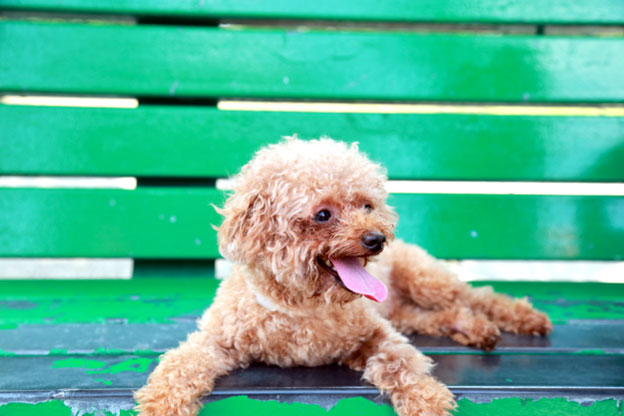
One of the primary concerns for teacup dogs is their fragility. Their tiny bones are more susceptible to fractures and breaks, especially if they accidentally fall or are mishandled. Pet owners must be extra careful to ensure a safe environment for their teacup companions and handle them with great care.
Another common health consideration for teacup dogs is dental issues. Due to their small mouths, teacups may experience crowding of teeth, leading to dental problems such as tooth decay and gum disease. Regular dental care, including brushing their teeth and providing appropriate chew toys, is crucial to maintain oral health.
Hypoglycemia, or low blood sugar, is another concern for teacup dogs. Their small size means they have a faster metabolism, and their bodies may struggle to regulate blood sugar levels. It is important for pet parents to ensure their teacup dogs have consistent and balanced meals to prevent hypoglycemic episodes. Regular feeding schedules and high-quality nutrition are essential to the well-being of a teacup variety.
Care and Maintenance
Caring for teacup dogs requires special attention and maintenance to ensure their overall well-being. Here are some essential tips to provide the best care for these tiny companions:
Nutrition and Diet
Nutrition plays a crucial role in the overall health and well-being of teacup dogs. Due to their small size and faster metabolism, it is vital to provide them with a balanced and appropriate diet.
Teacup dogs have high energy levels and require smaller, more frequent meals throughout the day to maintain stable blood sugar levels. This is especially important to prevent hypoglycemia, a condition characterized by low blood sugar levels that can be life-threatening for these tiny pups. Feeding them smaller meals at regular intervals helps to keep their blood sugar levels stable and provides them with the necessary energy they need.
When it comes to choosing the right food for your teacup dog, consult with a veterinarian to determine the specific nutritional requirements based on their breed, age, and any underlying health conditions. A diet that is specially formulated for small or toy dog breeds is usually recommended. These diets are designed to meet their unique needs and are often higher in calories and nutrients.
Additionally, it is important to avoid overfeeding teacup dogs as they can easily gain weight, which can lead to health issues such as obesity and strain on their delicate bones and joints. Portion control is key, and measuring meals according to their size and activity level can help maintain a healthy weight.
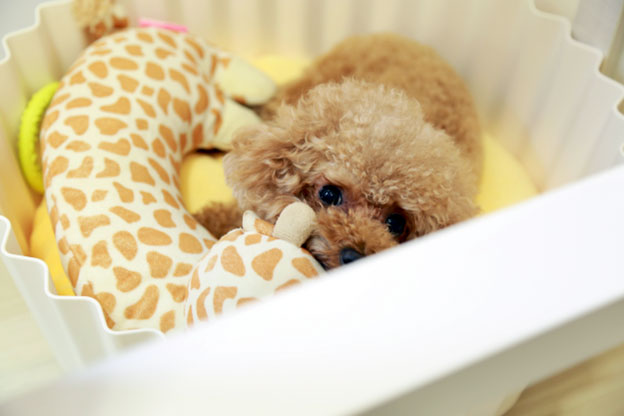
Providing fresh water at all times is also essential to keep teacup dogs hydrated and support their overall health.
Exercise and Physical Activity
Exercise and physical activity are essential for keeping teacup dogs healthy and happy. Despite their small size, these pint-sized pups still need plenty of mental and physical stimulation to thrive. Engaging them in gentle exercise and play is crucial for their overall well-being.
Due to their fragile bones and small stature, it is important to choose activities that are suitable for teacup dogs. Daily walks are a great option for providing them with fresh air and mental stimulation. However, it is important to use a properly fitted harness or collar to prevent any neck or back strain.
Indoor playtime is also an excellent way to keep teacup dogs active. You can engage them in interactive games such as hide-and-seek or treat puzzles to stimulate their minds. Use soft toys or small balls for them to chase and fetch, keeping in mind their size and potential for injury.
Another suggestion for exercise is indoor agility training. Setting up small obstacles such as tunnels and low jumps can provide them with an outlet for their energy. Always supervise closely to prevent any accidents.
Grooming and Hygiene
Grooming and hygiene are crucial aspects of caring for teacup dogs. Due to their small size and often double coats, they require regular brushing to prevent matting and tangles. Using a soft slicker brush or a comb with fine teeth is recommended to gently remove any knots or debris from their fur. It is important to be gentle and patient during this process to avoid causing discomfort or stressing the dog.
Bathing should be done as needed, typically every few weeks or whenever the dog becomes dirty. Use a gentle, dog-specific shampoo and lukewarm water to avoid drying out their delicate skin. Be cautious not to get water into their ears, as this can increase the risk of ear infections.
Dental care is also vital for teacup dogs. Their small mouths can be prone to dental issues such as gum disease and tooth decay. Regular teeth brushing with a dog toothbrush and toothpaste specifically designed for dogs is essential. Additionally, providing them with dental chews or toys can help to promote good oral health.
Pros and Cons of Owning Teacup Dogs
Pros of Teacup Dogs
Teacup dogs offer numerous advantages that make them an excellent choice for pet owners, especially those living in apartments or with limited space. Their small size makes them incredibly portable, allowing for easy transportation and convenience. Whether it's a quick trip to the vet or a visit to a friend's house, teacup dogs can go wherever you go without much hassle.
Beyond their size, teacup dogs have a remarkable ability to form strong bonds and provide companionship to their owners. Despite their tiny stature, these little dogs have big personalities and are known for their affectionate nature. They crave human interaction and thrive on the love and attention they receive from their owners. Their size also allows them to cuddle up and be close to their humans, offering warmth, comfort, and emotional support.
Teacup dogs prove that great things come in small packages. They bring joy, happiness, and a sense of fulfillment to their owners' lives. Their size makes them easy to care for, and their loving personalities make them loyal and devoted companions. With the right care and attention, teacup dogs can thrive and bring immeasurable happiness to their owners.
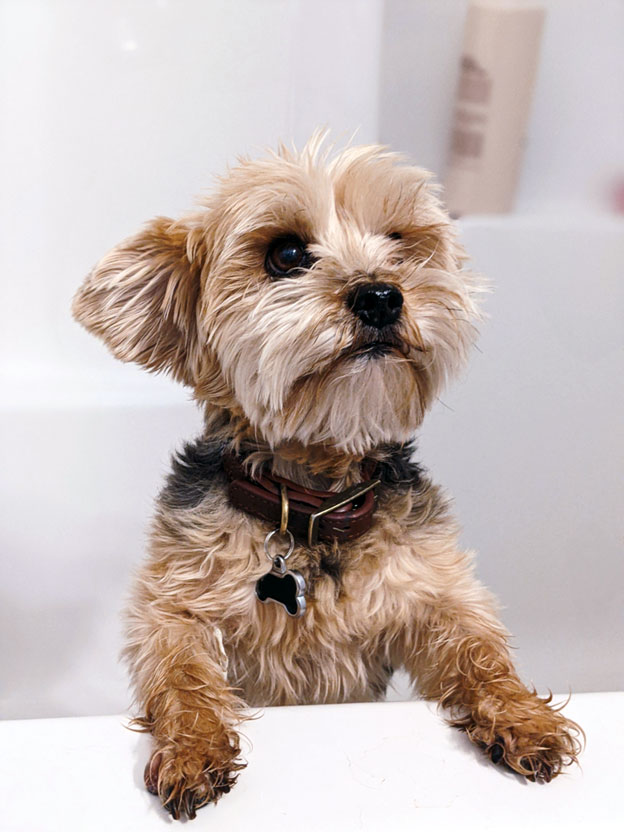
Cons of Teacup Dogs
One of the main concerns with teacup dogs is their health. Due to their small size, these dogs are prone to a variety of health issues that can result in expensive medical expenses.
Another challenge of owning teacup dogs is their fragility and vulnerability. Because of their small size, teacup dogs are more delicate and can easily be injured by even minor accidents or rough handling. Their tiny stature makes them more susceptible to being stepped on or accidentally dropped, increasing the risk of injury. These fragile bones can be a cause for concern, and pet owners must take extra precautions to ensure their teacup dog's safety.
Conclusion
In conclusion, teacup dog breeds may be small and adorable, but they come with their own set of challenges. These pint-sized pups typically measure a mere few inches tall and require special care and attention. While they make great apartment dogs due to their size, they are fragile and vulnerable to injuries. Their delicate bones can easily be broken, so pet owners must handle them with care.
It is important to note that the teacup dog industry has a dark side. Unethical breeders often prioritize size over the well-being of the dogs, leading to a higher risk of various genetic and health issues. Responsible pet owners should only purchase teacup dogs from reputable breeders who prioritize the health and welfare of their dogs.
Despite the challenges, teacup dogs bring joy and companionship to their owners. With proper veterinary care, mental stimulation, and plenty of love, they can live happy and healthy lives. However, potential teacup dog owners must consider the additional responsibilities and potential health issues before bringing one into their home.

